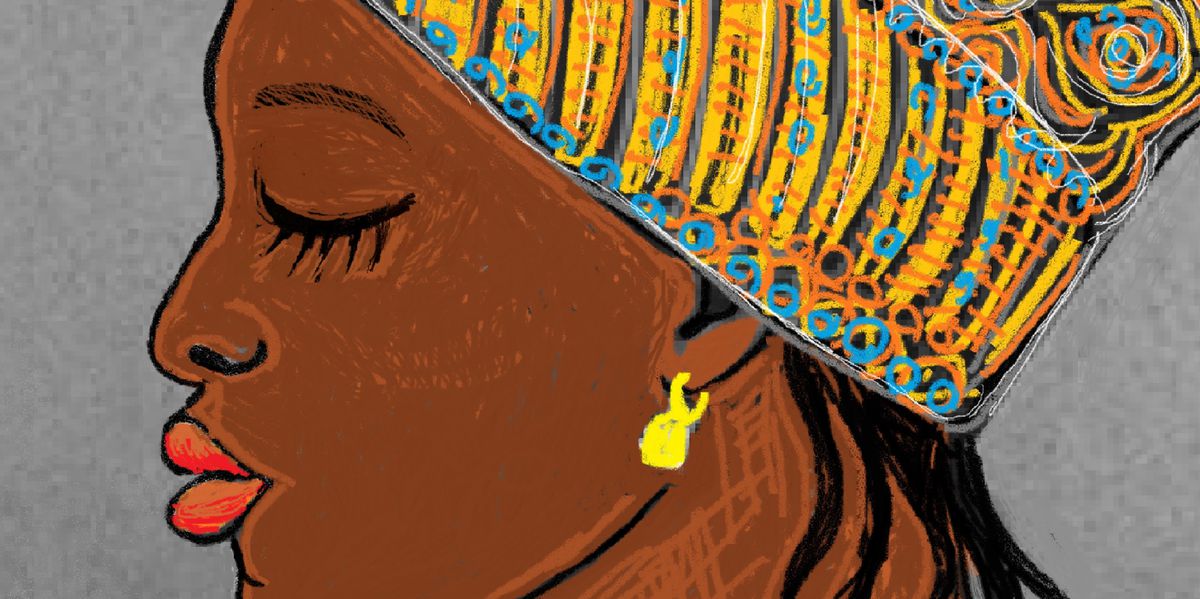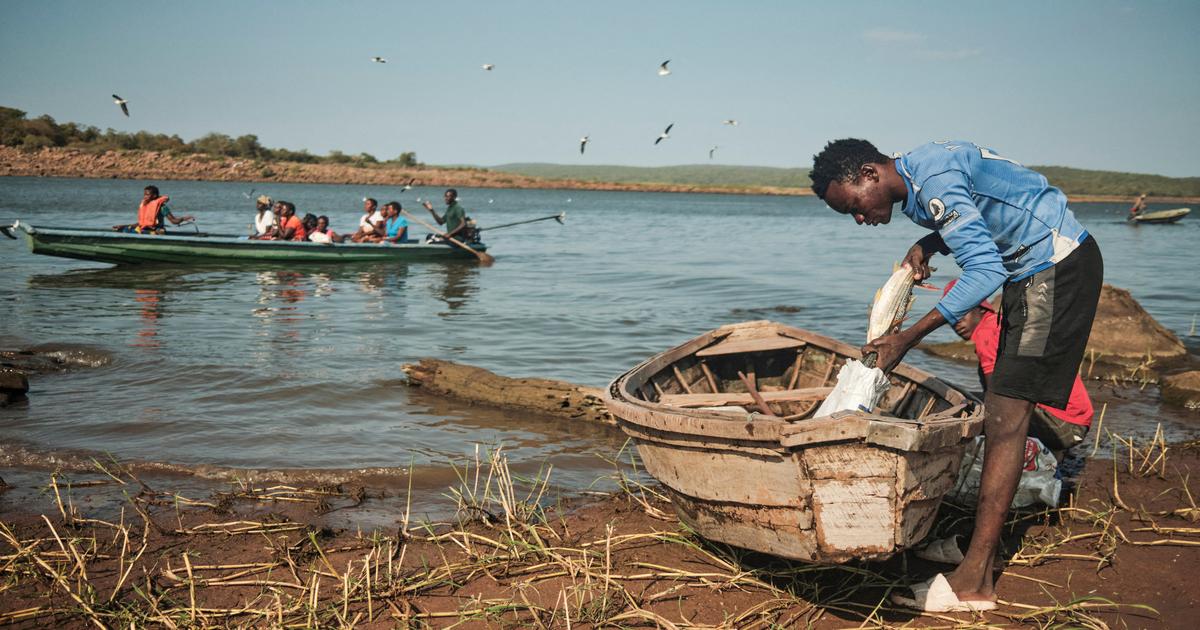The daily life of Mary Sibanda, a fictional name used for this interview, is fraught with challenges and difficulties.
Beginning with the lack of resources in her city, Harare, the capital of Zimbabwe, where almost 40% of the population, of some 15 million people, lives below the poverty line.
Or because of the battered economy of the country, where inflation exceeds 200% and in the streets people pay in dollars after the failure of the government's attempts to implement their own currency.
On top of all that, 32-year-old Mary Sibanda, who defines herself as a sex worker, has other added problems.
“With the police, with customers... Some don't want to pay, others hit you, others prefer not to use protection.
Of course, ours is not an easy situation, ”she explains.
Sibanda has been working as a prostitute for just over two years and blames it on poverty and the sexist violence she has suffered.
“My husband beat me a lot, almost daily, so I left him.
But then he had nothing.
No job, no place to go… Nothing, ”she recalls.
With two children to care for and a bleak future, she says prostitution was his only option, even though his children know nothing of his work.
"My parents are aware, but since they see the little ones happy, we have money to pay for uniforms and school fees and I also help other members of my family, they have ended up accepting it," she says.
In Zimbabwe, the vast majority of people who engage in prostitution are women, a total of some 45,000 people, which is equivalent to 1.35% of the country's female population, according to data from the Zimbabwe Sex Workers Union (ZIMSWA, for its acronym in English).
In this country, the law punishes with prison terms anyone who runs a brothel, forces people to prostitute themselves or publicly seek clients, but prostitution as such is not penalized.
However, the law has twists and turns and reality is often very far from the texts.
“The police have stopped us several times.
He takes us to the police station and then asks us for money or to have sex with them to set us free,” denounces Sibanda.
The police have stopped us several times.
He takes us to the police station and then asks us for money or to have sex with them to set us free
Mary Sibanda (not her real name), sex worker
And these practices do not seem to be an isolated event in the country, but a common practice.
According to figures from the Hands Off!
(Hands Off) which focuses on reducing violence against prostitutes in southern African countries, 63% of prostitutes in Zimbabwe have experienced some form of violence in the past year from clients, police, relatives or health personnel.
61% of the prostitutes suffered some mistreatment by the police, mainly beatings, forced sex, theft of money and condoms, and 58% of these women were arrested at some point.
During arrests, 27% agreed to have a sexual relationship with the police officer in order to be released, and 58% paid to be released.
Tee Cole Tatenda, ZIMSWA coordinator in Harare, says that “there are terrifying situations of discrimination and stigma” and that people live in “a tremendously difficult context”.
Less than 50 euros per month
Tee Cole Tatenda, coordinator of ZIMSWA, in one of the streets of Harare, the country's capital. José Ignacio Martínez Rodríguez
Tatenda, 30, has also suffered violence and social rejection.
First, for being homosexual in a country where same-sex relationships are not legally accepted.
The words of former leader Robert Mugabe still resonate in the ears of many, who assured in 2011 that homosexuals were “worse than pigs and dogs”.
And second, for earning a living through prostitution.
"I suffered a lot," he sums up.
That is why he decided to join ZIMSWA almost a decade ago and today he is the body's coordinator in Harare.
“We have a manager in every province in Zimbabwe and I am the only man;
but this difference between men and women is something common in this union, ”he says.
ZIMSWA officials call for prostitution to be fully legalized,
57% of the women who prostitute themselves in Zimbabwe are HIV-positive in a country that has one of the highest prevalences of this disease in the world: almost 12% of its population lives with this virus, according to union data.
And many, too many, do not manage to earn 50 dollars (46 euros) per month.
“When poverty pushes you notice it.
Many of them have families and children to care for.
We try to do everything safely, but some men ask not to use protection or prefer to go to places they know… It's complicated and sometimes dangerous”, laments Tatenda.
In this context, sometimes there are desperate decisions.
“There are men who pay to take escorts out of Zimbabwe, to other nearby countries like Mozambique or South Africa.
They offer 700, 800 or 1,000 dollars, that is, a large enough amount of money not to be rejected.
But they are often left there with no food, no place to sleep, no legal papers to return with, and no one to turn to.
So we enter an uncertain scenario because it is very difficult for us to help from here ”, he explains.
official hypocrisy
Sibanda and Tatenda lament not only the dangers and bad conditions of their day to day, but also the falsehood that presides over their social relations.
“The women call us '
maiture
,' a word that means 'home wrecker' in the local Shona language, but in the end, it is their husbands who come to have sex with us,” says Sibanda.
Tatenda expresses himself in the same vein.
“It is true that there is a certain hypocrisy in society, in all areas.
Well-known personalities and public officials speak out against homosexuality and prostitution and then they are the first to be interested in contracting these services”, she affirms.
We try to do everything safely, but some men ask not to use protection, or prefer to go to places they know... It's complicated and sometimes dangerous
Tee Cole Tatenda, ZIMSWA Coordinator
“I just want my children to grow up well and healthy and to be able to go to university in the future.
That they study, that they get good jobs.
When I get this, maybe I'll quit this job.
But meanwhile I can't.
I can't”, Sibanda says goodbye.
You can follow PLANETA FUTURO on
,
and
, and subscribe
here
to our 'newsletter'
.





/cloudfront-eu-central-1.images.arcpublishing.com/prisa/PDGEDUR32ZHBPCKUSFX7NEVWXE.jpg)








